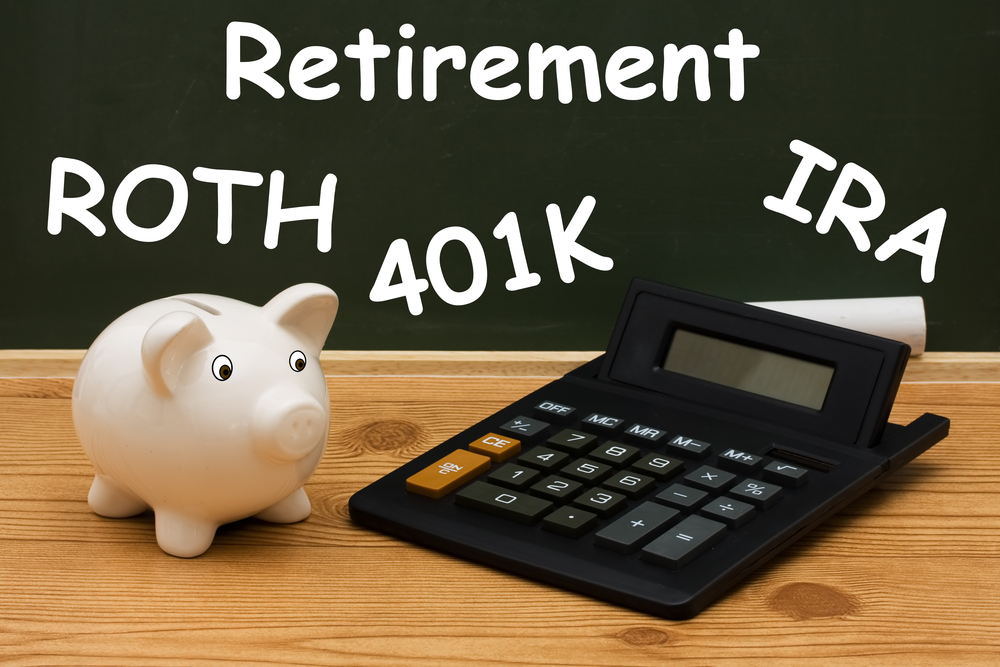Should You Fund Your IRA or Roth IRA First?
If you’re trying to decide whether it makes the most sense to fund your IRA or Roth IRA first, you’re not alone. This is a question many people face and often struggle to answer. Since we’ve talked to plenty of clients about this issue, we want to share exactly what you need to know to make the best decision for your personal situation:
The Basic Differences
Before we look at where you should contribute, it’s worth doing a quick refresher of what sets these individual retirement accounts apart. Both were created by the federal government to encourage people to save. With a traditional IRA, the amount you contribute immediately reduces your income tax for the year. Then after you retire and begin withdrawing the money, you’ll pay taxes on that income. With a Roth IRA, you pay the income tax when you contribute but are then able to withdraw from it tax-free after retirement.
Deciding Based on Your Stage of Life
Although these savings vehicles are similar, there is a very big difference in how they affect an individual’s taxes. That’s why the answer of which account you should contribute to first will depend on where you’re at in life. If you’re under the age of thirty, it’s probably going to be in your best interest to put some after-tax money into a Roth IRA. The reason is you’re likely paying a relatively low tax rate, which means a tax break won’t help you as much.
If you’re between the age of thirty and fifty, chances are you have things like a home mortgage deduction, a child tax credit or two and the benefits of filing as one half of a married couple. This may make it seem like traditional IRA contributions should be your primary focus. However, many people in this bracket still pay a relatively low tax rate, which means that Roth IRA contributions can still work best. An additional selling point of Roth IRA contributions is if you ever need to withdraw money you put into it, you can do so without facing any penalties or additional taxes.
For those over the age of fifty, first maxing out your annual traditional IRA contributions are the best course of action. The one exception is anyone who’s at least 71 and still working. For individuals in this situation, Roth IRA contributions can create an appealing stockpile for down the line.
As you may have realized from what we covered above, the optimal account for contributions can actually change from one year to the next. Needing to take a dynamic approach to planning for your financial future is just one example of why it’s so beneficial to have a knowledgeable financial professional on your side. If you want to learn more about how Donohoo Accounting can help, be sure to take a look at our tax services page.








